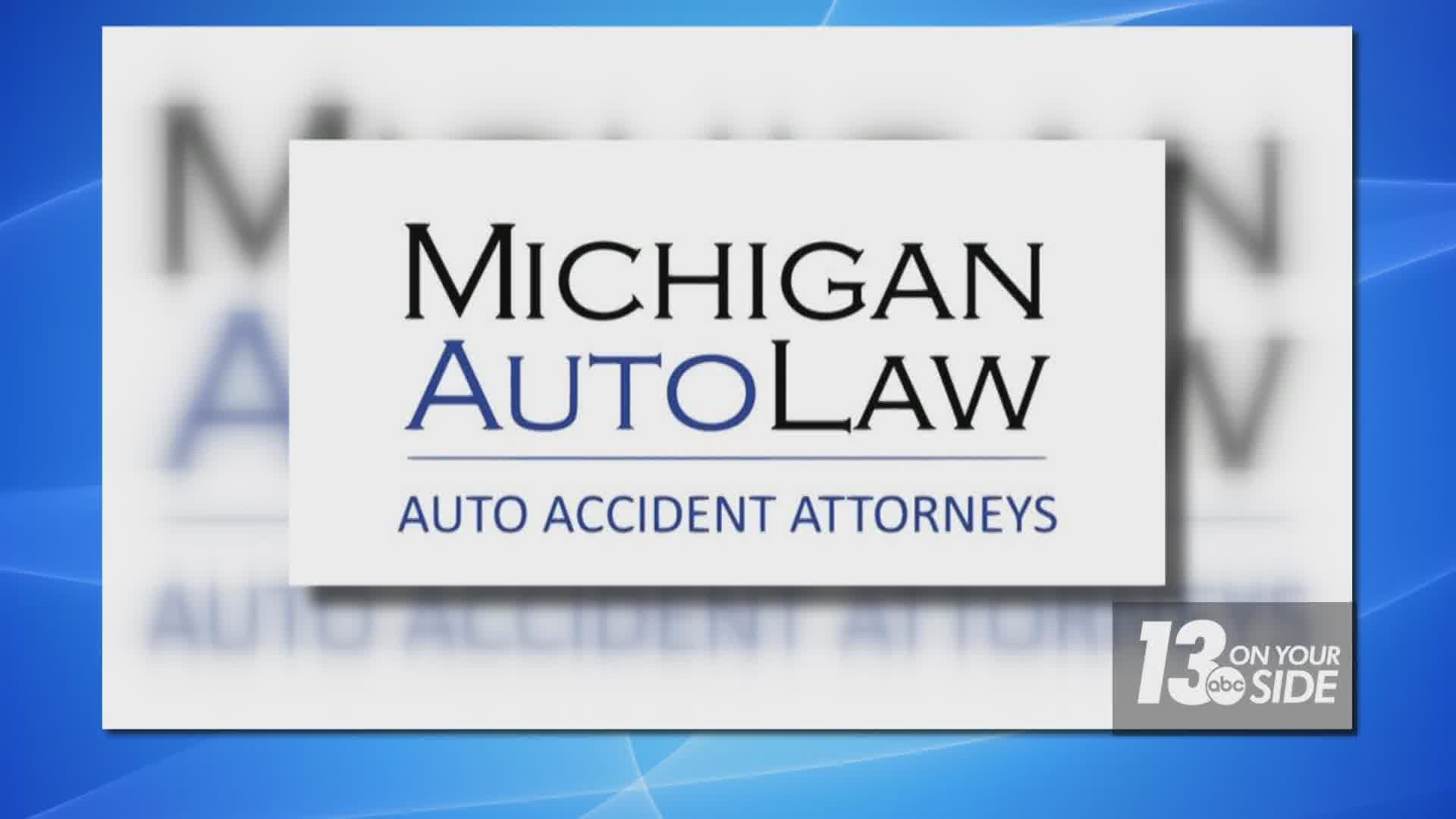GRAND RAPIDS, Mich. — So you’ve been in an accident and the details are kind of fuzzy as to who’s at fault. How is that determined? And why is it important that you know?
Brandon Hewitt is an attorney with Michigan Auto Law and he joined us to explain why it’s important to determine who was at fault for a car accident.
Hewitt said, “Fault is important if you want to file a lawsuit for pain and suffering compensation against the driver who caused the accident that resulted in your injuries. The driver must be 50% or more at fault to be sued.”
Hewitt added, “fault is important if you want to file a mini tort claim for vehicle damage repair costs against the driver who caused the accident. Again, the driver must be 50% or more at fault to be sued.”
However, he said, “fault is irrelevant for purposes of recovering No-Fault benefits to pay for medical bills and lost wages because No-Fault benefits are payable ‘without regard to fault.’” (MCL 500.3105(2))
Hewitt explained the types of evidence courts – and the police and insurance adjusters – consider in determining fault after a car accident:
- Statements of the drivers, passengers and witnesses
- Type of crash (i.e., was it a rear-end collision?)
- Driving behavior
- Video or surveillance footage of the crash (dash cams or security cameras)
- Speed or red-light cameras
- Data from black boxes (i.e., event data recorders)
- Opinions from accident reconstruction experts
Hewitt said the legal reasons that someone may be determined to be at fault in a car accident include failing to drive with the ordinary care that a reasonably careful driver would use, violating state traffic laws, violating city or local traffic laws and ordinances, and rear-ending another vehicle.
He detailed some of the driving behaviors that commonly result in a driver being determined to be at-fault for a car accident:
- Speeding
- Failing to yield the right of way
- Rear-ending another vehicle
- Running a red light
- Not stopping for a stop sign
- Distracted driving
- Texting while driving
- Driving under the influence of alcohol or drugs
- Drowsy driving
- Improper lane usage
- Improper turns (i.e., unlawful u-turns)
- Passing in a “No Passing” zone
- Not using a turn signal
- Failure to adjust speed and driving behavior in light of changes in weather and road conditions
For more information, call 833-411-MICH or visit www.MichiganAutoLaw.com.
►Make it easy to keep up to date with more stories like this. Download the 13 ON YOUR SIDE app now.
If you would like more information about advertising with 13 ON YOUR SIDE, please contact Jeff Olsen at jolsen@wzzm13.com.

